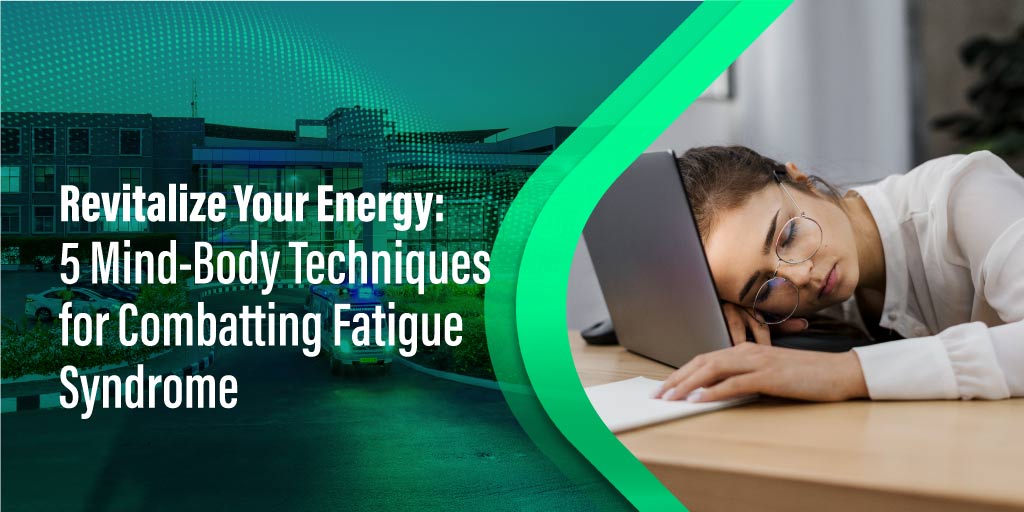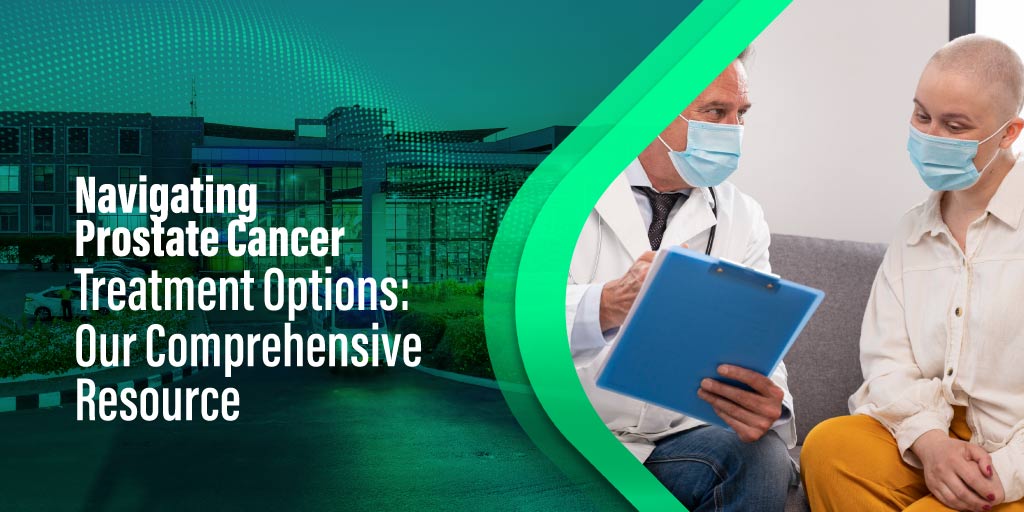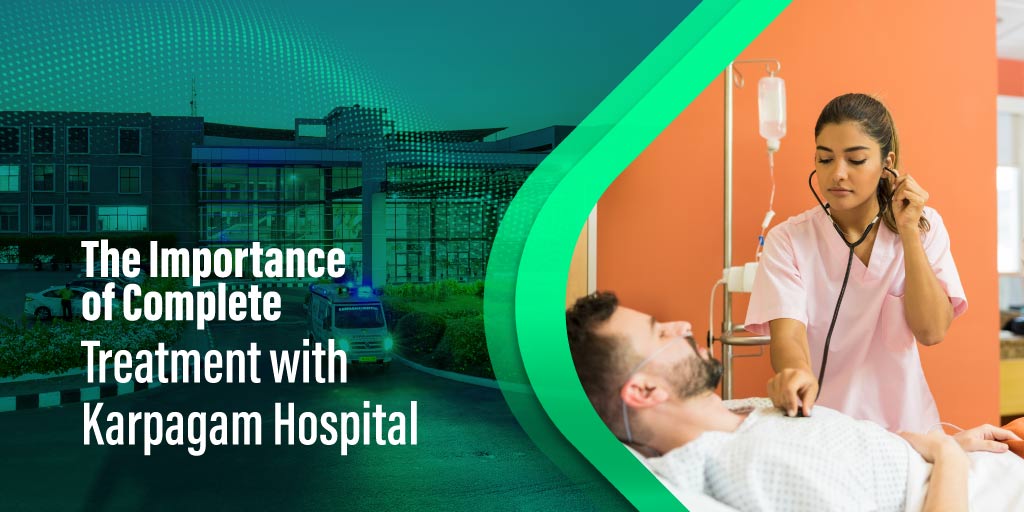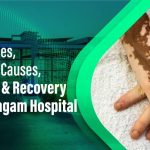A cerebrovascular accident (CVA), commonly known as a stroke, is a medical emergency that requires immediate attention. You should be aware of the key indicators of a stroke and keep an eye out for them. If you believe that you or someone else in the area is experiencing a stroke, get medical help right away. The prognosis improves with immediate therapy because a stroke that is not treated can cause irreversible brain damage. The best neurology hospital in Coimbatore prioritizes providing comprehensive care for patients experiencing CVAs. In this blog post, we delve into the causes, symptoms, and treatment options for CVA.
What is a Cerebrovascular Accident (CVA)?
A cerebrovascular accident occurs when there is a disruption in blood flow to the brain, leading to brain cell damage or death. This interruption in blood supply can be caused by a blockage (ischemic stroke) or a rupture (hemorrhagic stroke) of blood vessels in the brain. CVAs require prompt medical intervention to minimize brain damage and prevent complications.
Causes of CVA:
Several factors can contribute to the occurrence of a CVA, including:
- Hypertension (high blood pressure): Elevated blood pressure can damage blood vessels over time, increasing the risk of a stroke.
- Atherosclerosis: The build-up of plaque in the arteries can restrict blood flow to the brain, leading to a stroke.
- Heart disease: Conditions such as atrial fibrillation or heart valve disorders can predispose individuals to blood clots, which may travel to the brain and cause a stroke.
- Diabetes: Diabetes that is not under control can harm blood arteries and increase the risk of stroke.
- Smoking and excessive alcohol consumption: These lifestyle factors can contribute to the development of conditions that increase stroke risk.
Symptoms of CVA:
Here are some of the symptoms that you need to recognize when you feel the stroke that are helpful for timely intervention.
- Abrupt weakness or numbness, particularly on one side of the body Disorientation or trouble understanding speech
- Speaking difficulties or slurred speech
- intense headache
- Vision issues in one or both eyes
- lightheadedness or unsteadiness
- walking or directing movements is difficult
Also, remember the acronym BE FAST:
- B: Balance
- E: Eyes
- F: Face drooping
- A: Arm weakness
- S: Speech difficulty
- T: Time to call emergency services
Diagnosis of CVA:
There are several methods available to healthcare professionals to diagnose strokes. During an extensive physical exam, your healthcare provider will assess your senses, strength, vision, speech, and reflexes. Also, they will listen for a specific sound coming from your neck’s blood vessels. A noise is the name given to this sound, which indicates irregular blood flow. Finally, they will take your heart rate, which could be elevated if you have experienced a stroke. Here are some diagnosis methods you may require.
- Consult with the best neurosurgeon in Coimbatore, when you need to check your blood for infections, blood sugar levels, or clotting times. All of these may have an impact on the chance and course of a stroke.
- This test produces images of your neck’s blood vessels by using sound waves. Your doctor can use this test to find out if there is unusual blood flow to your brain.
- A CT scan is frequently carried out shortly after stroke symptoms appear. The test can assist your physician in identifying the area of concern or any additional issues that may be related to a stroke.
- When compared to a CT scan, an MRI can offer a more comprehensive image of the brain. In terms of stroke detection, it is more sensitive than a CT scan.
Treatment of CVA:
Treatment for a CVA depends on whether it is ischemic or hemorrhagic and the severity of the stroke. Options may include:
- Medications: Thrombolytic drugs or clot-busting medications, such as alteplase (tPA), may be administered to dissolve blood clots in ischemic strokes within a specific window period of 4.5 hours from the onset of stroke symptoms. Therefore, early presentation to a healthcare facility is essential to ensure timely treatment. Other medications may be prescribed to manage symptoms or prevent further complications.
- Mechanical thrombectomy: In some cases of ischemic stroke, a procedure called mechanical thrombectomy may be performed to remove the blood clot from the blocked artery.
- Surgery: Surgical interventions may be necessary to repair damaged blood vessels or relieve pressure on the brain in cases of hemorrhagic stroke.
- Rehabilitation: Following a stroke, rehabilitation therapies such as physical therapy, speech therapy, and occupational therapy are essential for recovering lost function and improving quality of life.
Karpagam Hospital, our multidisciplinary team of brain specialists in coimbatore, neurosurgeons, rehabilitation specialists, and support staff is dedicated to providing timely and effective care for patients experiencing CVAs. If you or a loved one is experiencing symptoms of a stroke, don’t hesitate to seek emergency medical attention at Karpagam Hospital. Early intervention can significantly improve outcomes and enhance recovery from a cerebrovascular accident.







